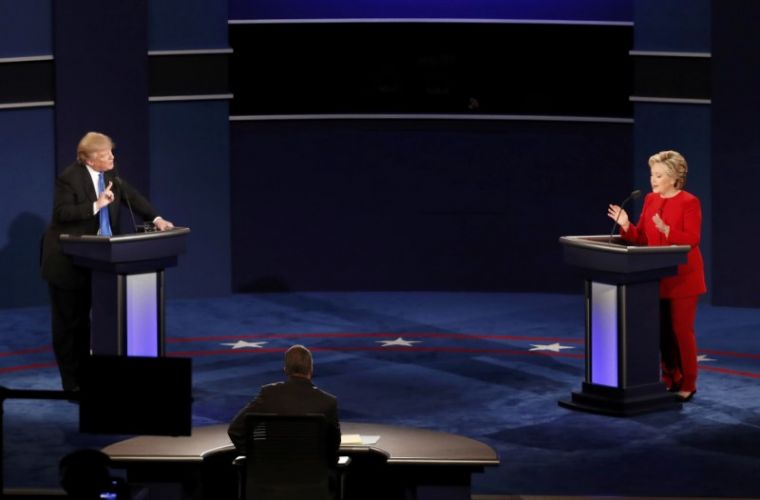Beyond a Scorched Earth US Election Campaign

The current presidential campaign in the United States not only represents a clash between urban and rural folks, college graduates and undereducated populations, white and multi-ethnic America; but also a clash between mainstream and radical evangelical branches of the Christian Church.
The most liberal and traditional Protestant denominations – Episcopal, Lutheran, Methodist and Presbyterian churches – are naturally inclined toward the Democratic candidate Hillary Clinton (if their members were not openly in favour of the socialist Bernie Sanders, many of whose followers have vowed to vote for him even in the blank column); while most of the Evangelicals – Pentecostals and myriad of other groups that share a literal biblical approach and similar theological emphasis – are backing the agenda of the Republican candidate Donald Trump. Roman Catholics and Baptists are evenly divided, taking into account the racial or ethnic composition of many of their followers as well as certain doctrinal accents that claim opposite loyalties, such as the controversial issue of abortion. Few times – if any – has the stance of the Christian constituency in this country been as polarised as it is at the present.
The political debate has served to highlight the deep and rooted disagreements that take place in the field of the same faith. The discrepancy is not a novelty; it has been growing over the last decades at the same time as certain issues derived from Christian ethics – as the human sexuality, the welcoming of immigrants, care for the environment – have taken centre stage in the ideological discussion. It is not a figure of speech to assert, then, that we are in the presence of a sort of religious fight disguised under the banners of political parties; opposite forces that are prone to a serious confrontation – not a final battle – in the upcoming polls.
It seems to me that such attitude – instilling acrimony and mistrusts from a religious point of view in the political arena – doesn't create a healthy or beneficial climate for the Christian bodies in the United States, both in the leadership and among the people in the pews. On the contrary, it is easy to notice the increasing self-righteousness on both sides with the direct or indirect demonisation of the other, to the extent that regardless of who wins the election in November, a great segment of the citizenry will be convinced that godless politicians will be in power and the Christian values will be disserved.
It is my opinion that a Christian society at the present time is something more than a rightist rural emphasis or leftist naïve truisms. It is not possible to return to the simple communal life of the early Church, and it is not possible to accommodate ourselves happily to the sharp social disparities of our world. Thus, it is necessary to find something in between: a common ground where basic Christian ethics are able to coexist with the dynamics of a human organisation based on the profit and the pursuit of personal happiness. To find a balance between these two trends is the real challenge for politicians, social thinkers and theologians alike.
In other words, Jesus' radical call to us from the gospel that we turn the world upside down is – at least on a societal level – an impossible goal. Likewise, the cynic Philistinism of the so-called Christian societies, where religion is a mere consolation or aspiration beyond the scandalous inequities of this world, is a very difficult practice with which to live.
After the bitter sense of frustration that this bloody presidential campaign is going to leave in many of us, it is imperative, I think, that we find a realistic Christian discourse for the American society where the values of a sound human solidarity cohabit with the individual achievements, a terrain where an adequate ambition to succeed not be incompatible with compassion, where competition and love not be contradictory terms. A conscious effort in this sense, theoretical as well as practical, could be the best formula for emerging of the present quagmire, for overcoming the scorched earth policy and unchristian rhetoric of this electoral season.
Vicente Echerri is a Cuban writer who lives in the United States.











